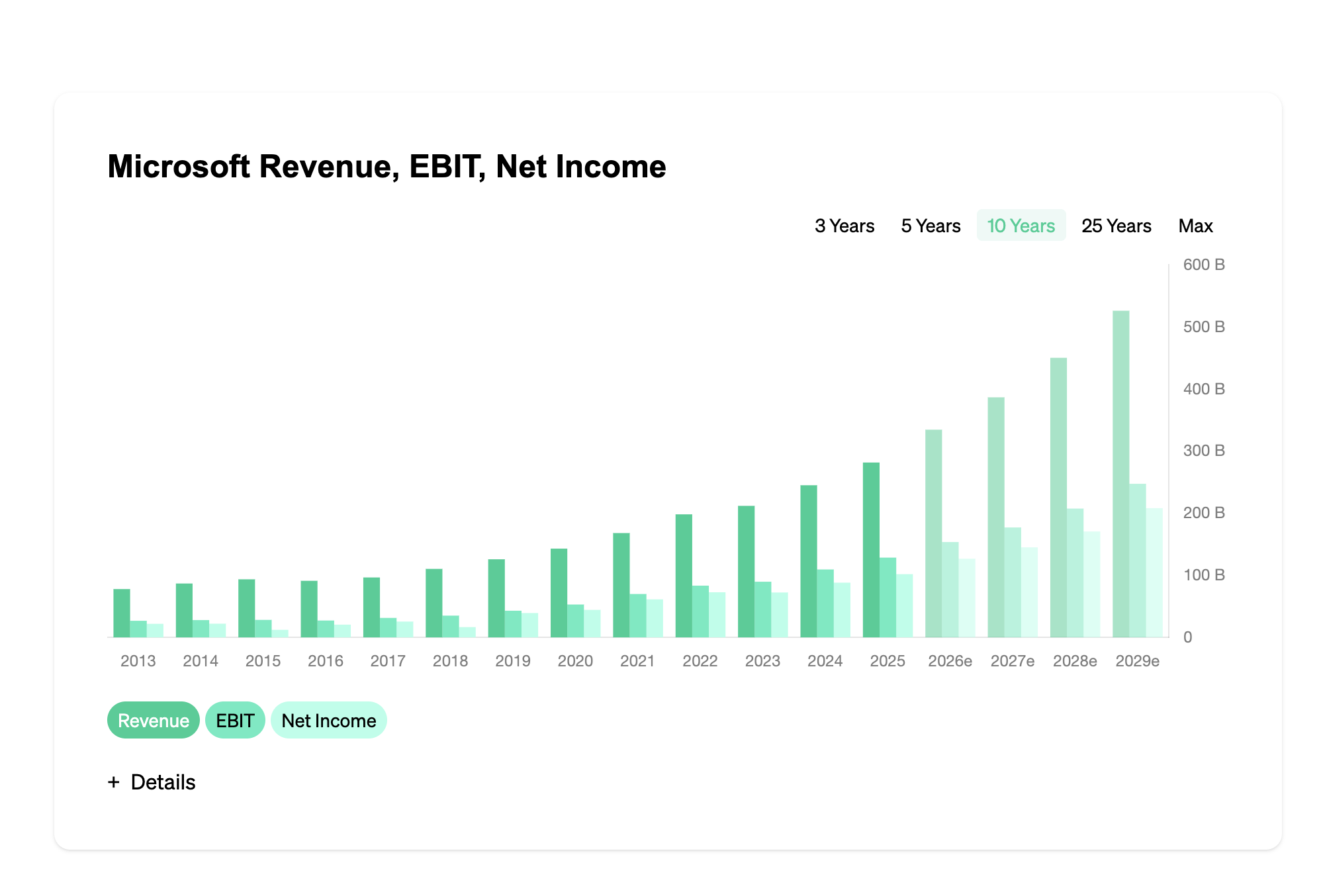UK Stocks
The UK is the second largest economy in Europe with a GDP of around 2.7 trillion. Eulerpool has compiled a list of stocks from Great Britain for you.
Top stocks in the UK
Economy and Politics
The United Kingdom (UK) consists of several islands, which are divided into four parts: England, Wales, Scotland, and Northern Ireland. England and especially the capital city of London represent the largest economic region.
The UK is the second largest economy in Europe with a GDP of around $2.7 trillion in 2020. However, the national currency of the United Kingdom is the British pound, abbreviated as GBP. The United Kingdom is considered one of the economically freest countries in the world. We, as investors, benefit from the low regulations in Great Britain.
The companies in the UK pay low taxes on their profits and there is also no withholding tax on dividends. As an investor, you only pay 25% taxes in Germany on your dividend. With such great company conditions, it is not surprising that many companies have relocated their headquarters to the UK and there are many shareholders in the population. About one in four British individuals own stocks.
However, there are also challenges in the United Kingdom. In 2020, the United Kingdom left the European Union to become more independent from the economic decisions of the EU. For investors, this can be an opportunity, but also a risk. Because the EU is the UK's most important trading partner.
As the United Kingdom is an island, it is also significantly dependent on imports from the EU. Investors must hope for a fair trade agreement between the two economic areas. This will be very interesting in the coming years, and as an investor, one should always keep an eye on the "Island".
The largest companies and the most important sectors
The economy of the United Kingdom is broadly diversified. The most important sector for the British economy is the financial industry. However, sectors such as finance, commodities, healthcare, and consumer goods are all represented.
Another British peculiarity is companies that have focused on basic materials and energy. The major oil producers BP and Royal Dutch Shell, as well as the mining companies Rio Tinto and BHP, are based in the UK. They make a significant contribution to the economic performance.
Headquarters of the largest companies
The largest companies led by HSBC, Royal Dutch Shell, BP, and GlaxoSmithKline (GSK) all the way to AstraZeneca, Unilever, and Diageo, as well as British American Tobacco (BAT), are known worldwide and especially in Europe.
These companies are headquartered in Cambridge (AstraZeneca), Brentford (GSK), and London. The non-cyclical consumer sector is also quite dominant in the United Kingdom. The companies Unilever, Diageo, and British American Tobacco are also based in London.
Many financial companies also have their headquarters in London and are active throughout Europe. The light regulation of the British financial market benefits companies like HSBC or Barclays. One can recognize that London is very popular as a company headquarters.
The largest and most important stock exchanges
The most important index in the United Kingdom is the benchmark FTSE (Financial Times Stock Exchange) 100, which is launched by the London Stock Exchange (LSE). This index measures the performance of the 100 largest companies in the United Kingdom. It is widely recognized as the reference index of the British stock market.
The FTSE is calculated from the stocks of the 100 largest companies by market capitalization on the London Stock Exchange and is a capitalization-weighted index, where larger companies have more influence in the index. It represents approximately 70% of the total market capitalization of the companies listed on the LSE.
Price development of the indices
The FTSE 100 Index was first published on January 3, 1984, with a base value of 1,000 points and calculated back to 1969. On March 4, 1987, the index closed above the 2,000-point mark for the first time. Currently, the index stands at over 7,500 points.
Opening hours in the UK
The local opening hours at the London Stock Exchange are from 08:00 – 16:30 (9:00am to 5:30pm CET).









